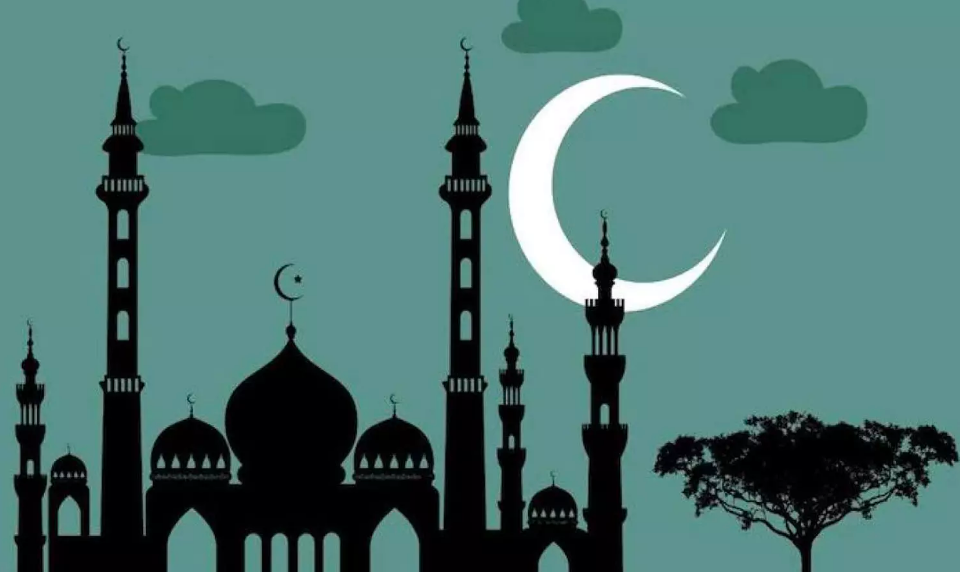Why do Muslims sacrifice animals on Eid?

Every year on the occasion of Eid-ul-Adha, Muslims across the world sacrifice animals to mark the sacrifice made by Prophet Ibrahim (PBUH). The article answers the question why Muslims sacrifice animals on Eid by offering an explanation from the historical Islamic tradition and it’s scientific validity.
Mohammed Junaid | TwoCircles.net
Every year, Muslims all over the world celebrate Eid-ul-Adha to reflect upon prophet Ibrahim's willingness to sacrifice his son as an act of obedience to God’s command. It is one of the only two yearly festivals in Islam, and during which, millions of Muslims perform Hajj, and all those who could afford, sacrifice animals on the day of Hajj to honour Prophet Ibrahim’s spirit of sacrifice. Sacrificing animals is not the end objective but it's about sacrificing what one cherishes in devotion to God. The Quran states: “Their meat will not reach Allah, nor will their blood, but what reaches Him is piety from you.” (22:37).
Piety or barbarity?
The legacy of Prophet Ibrahim (PBUH) is continued by the last messenger of God, Muhammad (PBUH) to his followers to reflect upon the message it gives - of piety, charity, and as well as equality. As Eid is near, many people start opposing animal sacrifice and suggest avoiding meat completely as they consider it to be bloodshed and against animal rights.
In order to understand the Islamic perspective regarding animal sacrifice, one needs to understand the Islamic worldview and what Islam says about the position of man in this world.
The Quran says "human beings are khalifa (vicegerent) of God in this world." They are bestowed with many blessings including control over animals, land, sea etc. They are free to use these blessings under prescribed limits. “And He created the cattle for you as a source of warmth, food, and many other benefits" [The Quran 16:5].
The authority and control that God has given to man over other creations demand that man acknowledges the supremacy of God and his sovereignty. In the case of animals, it manifests such that if ever they are sacrificed, it happens only in the name of Allah.
Historical significance
For animal sacrifice, prophet Muhammad (PBUH) chose the special day on which the most blessed deed in the history of Islam was performed by prophet Ibrahim (PBUH). That is, when he was old, and father to a small kid, he was commanded by the Lord to sacrifice his only son, and the son happily obliged. However, through God’s special decree, the son was saved and an animal was sacrificed in the nick of time. It was not just a way of thanking God or worship but also remains as a commemoration of that big historic event in Islam.
The ritual of sacrificing animals is not exclusive to Muslims. It was practised by Christians and Jews also. Sacrificing an animal is simply a physical manifestation of the fact that everyone must be ready to obey Allah's commands. It is a symbolic representation of obedience to God. Many communities believe that one’s sins are absolved by the blood of another, but sacrifice in Islam is not at all an act of repentance.
Objectives of sacrifice
Many people also argue about avoiding meat completely as they consider it against animal rights. But since humans are part of the food chain, it is not a sin for them to consume meat. Human bodies are designed to digest meat. We have tooth anatomy and digestive enzymes that can digest meat. It wouldn't have been there if humans were not meant to eat meat. In fact, the Islamic method of slaughtering is the most ethical one.
The meat obtained from sacrifice is not only used for one’s own household or wasted in the open place but it is divided into three parts. One is for relatives, friends, and neighbours, the second part is distributed among the poor and the needy, and the last part can be used for one’s household. However, Islam also forbids slaughtering more animals to show off.
Hajj is the holy pilgrimage offered at Mecca by the Muslims who can afford it, which also includes the ritual of sacrificing animals. The prayers and practice of sacrificing animals have been universalized for all. When a few lakh pilgrims are performing Hajj in Mecca, millions of Muslims from all over the world stand with them in offering prayers and sacrifices in their respective places.
It is man's responsibility to be thankful for all of Allah's blessings, and this gratitude should be expressed by sacrifice. Mankind has been granted control over animals by Allah so that they can gain endless benefits from them. The sacrifice of one of these animals by a man is also a symbol of gratitude to Allah. Allah says in the Qur'an “We have subjected them (animals) to you in this way so that you may be thankful” (22:36).
In the pre-Islamic era, the rituals performed were dedicated to creations rather than the only creator. In Islam, all these forms of worship like sacrifice, charity, prostration, etc are made obligatory for man purely for the sake of Allah so that man completely submits himself to his creator and is guided to the right path.
“Say, My prayers and sacrifice, my life and death, are all for God, Lord of all the Worlds.” (Quran 6:162)
Mohammed Junaid is a Civil Services aspirant from Hyderabad. He writes on contemporary social issues. He also offers career counselling to young students. He tweets at @AuthorJunaid.
